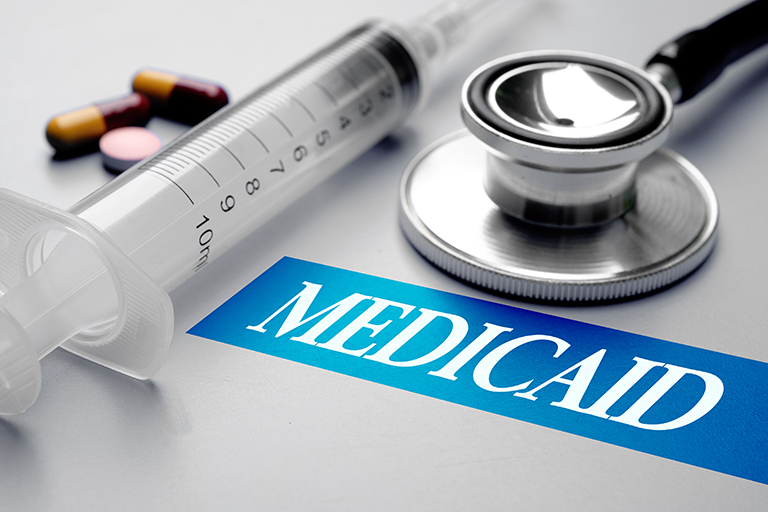The good news is the pandemic is over. However, in some circumstances, the bad news is that the pandemic is over. During the national healthcare emergency, changes were made in the healthcare delivery model of Medicaid to assist those with specific healthcare needs and financial difficulties from a variety of perspectives. However, with the resolution of the pandemic a “return to normal,” vis-à-vis Medicaid, these policy changes can cause significant issues in the Worker’s Compensation ecosystem.
While there is no direct correlation between Medicaid unwinding and Worker’s Compensation, the sequelae of this unwinding protocol could add potentially significant challenges in the Worker’s Compensation system. Those individuals who were eligible for Medicaid benefits during the pandemic, may lose coverage for those particular and unrelated medical maladies. With this loss of coverage, there are those who would seek to have a workers compensation injury cover the treatment necessary to address that unrelated comorbidity.
An additional consideration would be the increased dependence on a workers compensation scenario to provide care for injured employees. Another negative concern would be the strain placed on the providers of routine healthcare for workers compensation injuries, leading to delays in accessing the necessary treatment.
This unwinding could impact healthcare providers who treat Medicaid patients with an increase in uncompensated care that may result. This would potentially result in the potential financial viability of that healthcare provider, practice or clinic, and the result might affect the ability to effectively and timely treat Worker’s Compensation injured individuals.
A third consideration would be a widening of the holes in the safety net, of those healthcare programs employed to assist/address the healthcare needs of these injured individuals. The unintended consequences may lead to an increase in those who might fall through that protective barrier.
The goal of the Worker’s Compensation insurance is to ensure that every injured worker has access to all appropriate care to address the sequelae of the compensable event , as quickly as possible. With an untold number of individuals losing their healthcare from a Medicaid perspective (secondary to the unwinding associated with the resolution of the pandemic) and interim changes to Medicaid, and with the lack of appropriate coverage for those financially challenged individuals, it is not a far stretch to see and attempt to make up for that lack of coverage by shifting the reimbursement burden. Such a shift could cause an increasing burden on the Worker’s Compensation system itself and on those providers who are trying to do the best they can to treat the injured individual.
Consequently, it becomes more imperative that the appropriate investigation be completed as quickly as possible relative to the date of injury. Moreover, a clinical assessment designed to determine what is or is not a function of the compensable injury should be obtained early in the life of this claim.

